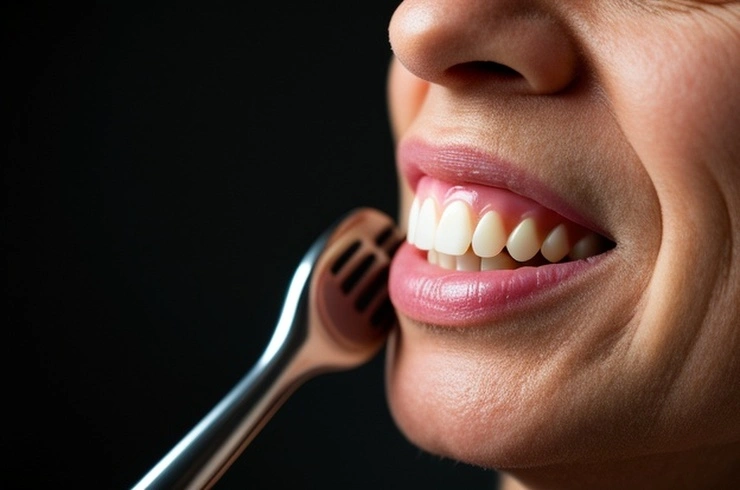
Dentures, also known as false teeth, have evolved significantly from older generations, providing a more natural appearance and improved comfort. However, maintaining oral health and ensuring a proper fit are crucial to prevent a range of problems. Understanding these potential issues and how to address them is key to a positive denture experience.
Common issues faced by denture wearers include gum and mouth irritation, difficulty with eating and speaking, dentures that shift, and various mouth infections. These problems often stem from improper fit or inadequate oral hygiene. It's imperative to consult your dentist immediately if any of these issues arise, as your dentures may require adjustment or replacement.
One of the most frequent causes of denture problems is a changing fit. Over time, the contours of your gums and bones can alter, causing your dentures to no longer fit securely. In such cases, professional adjustment, modification, or replacement by your dentist is necessary. Attempting to modify dentures yourself can lead to further damage and discomfort.
Adjusting to speaking with new dentures takes patience. Practice saying challenging words slowly and aloud. If your dentures move when you laugh or smile, gently biting down and swallowing can help reposition them, but a dentist should still assess the fit.
Eating with dentures also requires adaptation. Begin with small bites of soft foods like eggs and yogurt, avoiding sticky items. Chew slowly and evenly on both sides of your mouth to prevent tipping or shifting. With practice, most foods can be enjoyed.
While denture adhesives can provide temporary security, they should not be a long-term solution for ill-fitting dentures. Always follow adhesive instructions carefully and use sparingly. Persistent fit issues warrant a visit to your dentist, not reliance on adhesives.
Denture wearers are susceptible to certain mouth infections. Cheilitis, characterized by painful inflammation and cracking at the corners of the mouth, is often caused by yeast overgrowth in moist areas due to ill-fitting dentures. Regular dental check-ups to ensure proper denture fit are vital for prevention. Another common infection is stomatitis, also caused by yeast. Symptoms may include small red bumps on the roof of the mouth or general redness, particularly under upper dentures. Both cheilitis and stomatitis can be managed with medication and diligent denture care.
Beyond a proper fit, consistent care is paramount for denture longevity and oral health. Unless specifically advised by your dentist for a limited period (e.g., after extractions), never sleep with your dentures. Handle dentures with extreme care, as they are fragile. Always hold them over a water-filled sink or a towel to cushion accidental drops. Keep them out of reach of children and pets.
Daily cleaning is essential. Soak dentures overnight in a denture cleaner and thoroughly brush them each morning using a soft-bristled or specialized denture brush. Plain soap and warm water or a dentist-recommended cleaner are suitable; never use abrasive household cleaners, bleach, or toothpaste, which can damage the material. Additionally, clean and massage your gums, tongue, and the roof of your mouth daily before inserting dentures to promote overall mouth health. When not in use, store dentures in a denture-cleaning solution or warm water, avoiding hot water which can warp them. Avoid using toothpicks, as they can also cause damage.
While adapting to dentures takes time, proactive care and regular dental visits every six months can prevent many common problems. Any changes in fit or new mouth issues should prompt an immediate consultation with your dentist.
Pro Tip
The content of the article is shared by netizens, please carefully identify it